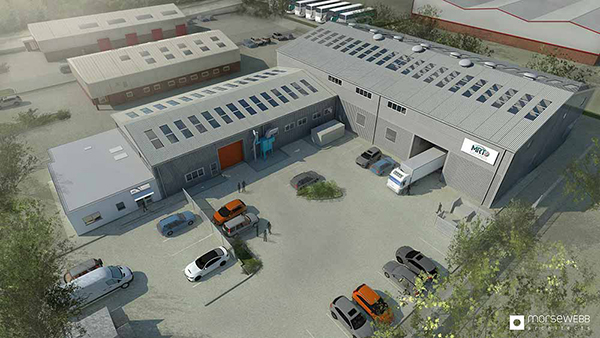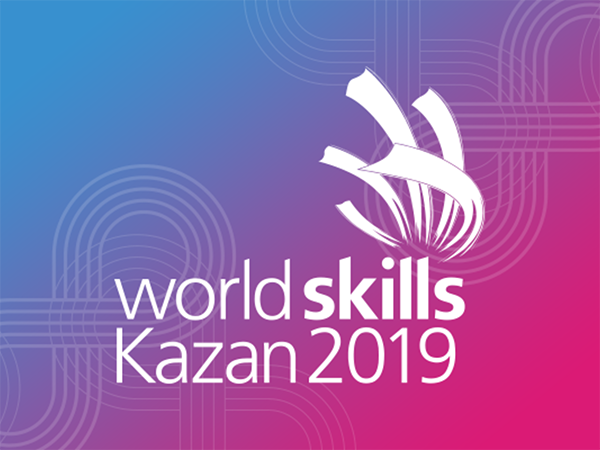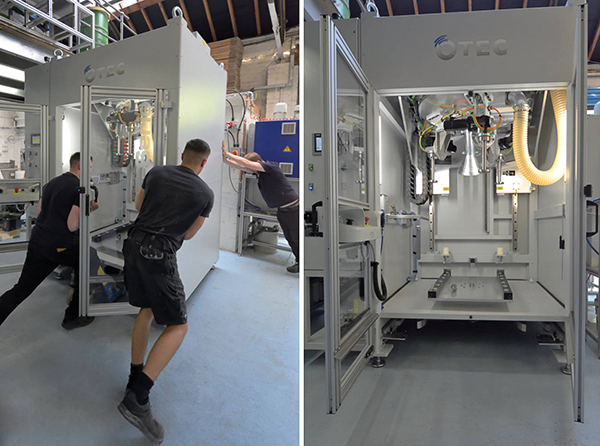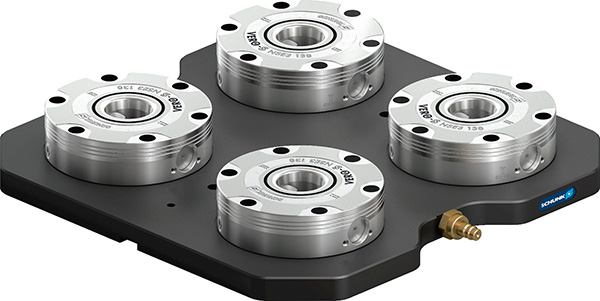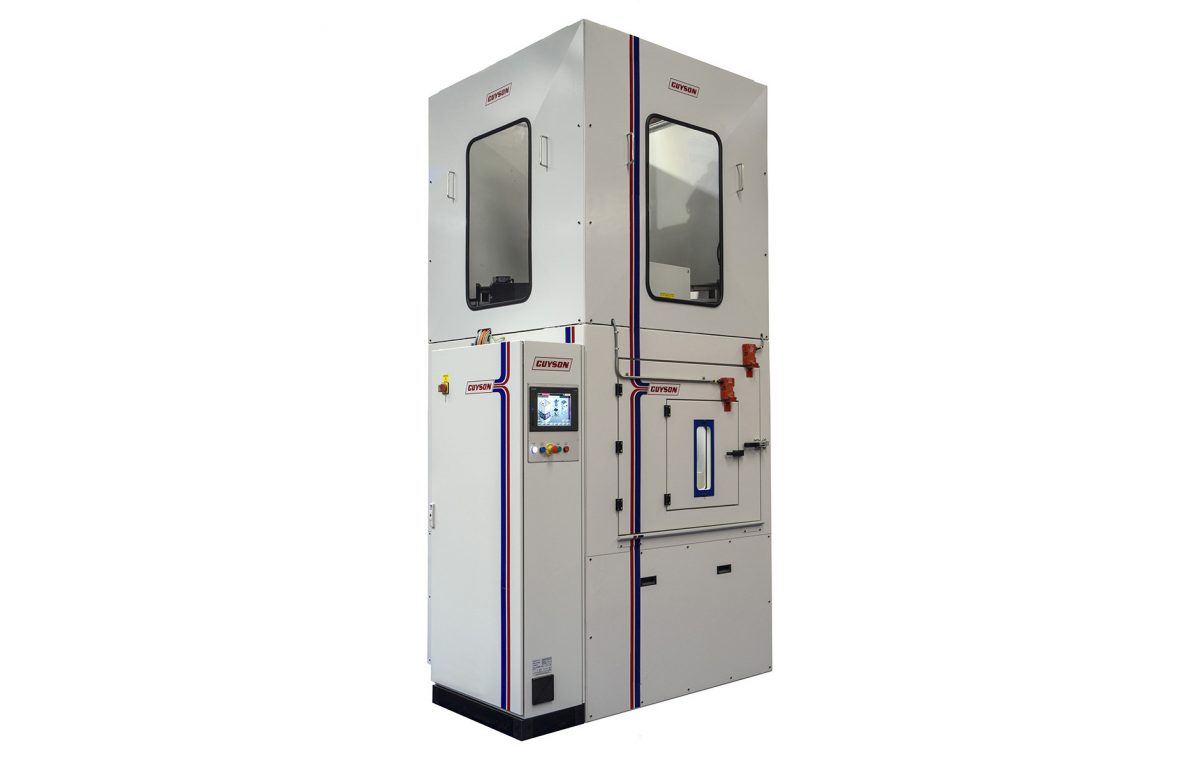To meet growing demand for ever more precise surface finishing in aerospace, Fintek has invested in a latest generation stream finishing machine from OTEC Präzisionsfinish GmbH.

“The new SF is particularly important for our aerospace work to ensure the precise profile tolerances now demanded for turbine blades are met,” explains operations manager Jamie Phillips. “For example, the control provided by the new step motor technology allows us to repeatedly change and lock the angle of the blades as they pass through the process media to carefully manage the finishing effect on vital leading and trailing edges.”
With six other stream finishing machines, along with drag finishing and centrifugal finishing systems, the AS9100 and ISO9001 accredited company says it has the capacity, depth of knowledge and expertise to provide a comprehensive range of surface finishing services. These range from deburring and mirror-finish polishing to smoothing and polishing, as well as important edge rounding. For aerospace, this offer covers not just turbine blades but complete blisks, gear wheels, cutting tools, fasteners and extremely thin parts.
“Problem solving is integral to our service,” says Phillips. “We work closely with aerospace customer engineers, including in research and development, to create better parts by applying surface finishing techniques that meet their commercial objectives. Often we’re able to achieve a quality of surface finish in minutes [sometimes seconds] that can’t be matched by hand or other traditional methods. Furthermore, processes are precisely repeatable to ensure total quality consistency and confidence to achieve surfaces with values down to Ra 0.01.”
For aerospace companies requiring on-site processing, Fintek is the exclusive UK agent for OTEC, and can supply and install machines.
For further information www.fintek.co.uk







